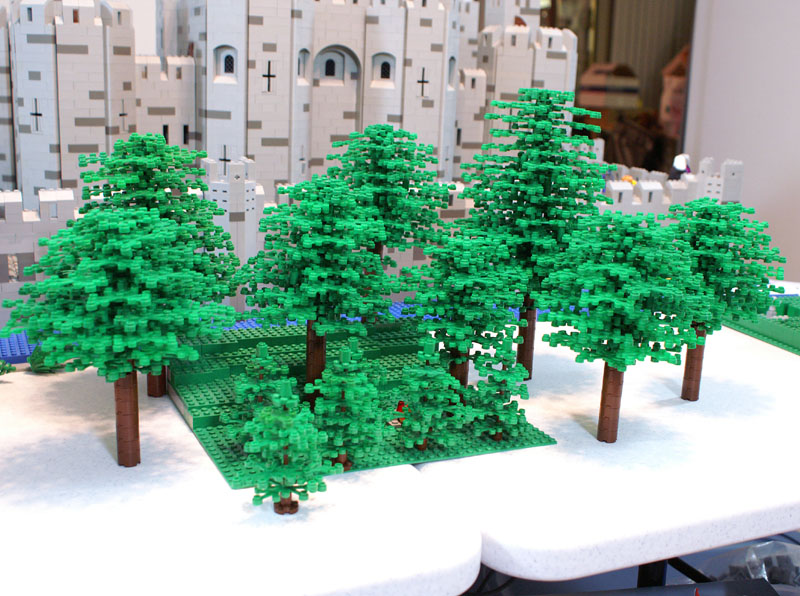A leader
Legend speaks so highly of you,
As the greatest leader ever existed,
You open up a country full of virtues,
The best nation ever created.
You were invited by two fighting tribes,
As a leader to bind them together,
With islam, you finally made them realize,
And with islam they befriended each other.
Then come the time of hijrah,
With the grand arrival of you, ya Rasulullah,
Together with the Muslim people from Makkah,
And finally it is formed, the city of Madinah.
From the birth of this one city,
Islam had spread enormously,
As a hard prove of Rasulullah’s audacity,
And his leadership regardless of his illiteracy.
Ya Nabi-Allah,
You successfully shaped a country,
When I can’t even manage a university.
You moved those around you with love and compassion,
When I don’t even have such contribution to mention.
You guide friends and foes,
Toward greatness here and after,
While I…
Hmm…
A failure trough and trough ain’t I?
Not even a flicker of light around you,
Not even a glimpse of shadow behind you,
Nothing!
Just another pebble by the street,
Just another bubble in the sea,
Just another cloud in the sky,
Just another dead leaf under the shrub.
Insignificant!
A fighter
Narrators narrated a great deal about you,
About countless wars you were into,
About the bravery and strength,
Of your soul and might,
A great feat non can easily begets,
A legend not can easily forget.
As a warrior you fight for the love of your heart,
That is Allah, Islam, and us, your ummat,
You win, you lose, countless of your fight,
You scarred, you bruised in the fight for our right,
You were slashed, were stabbed, for us, you’ve never met,
For us, you have never met,
For us, whom you, ya Rasulullah, have never met.
Ya Ummati!
Ya Ummati!
Ya Ummati!
Even in the bridge of death,
You only spoke of us, think about us,
Still loving us, care about us,
Never, ever disappointed with us.
While us,
No…while I, ya Rasulullah,
Only think of myself,
Here, now and forever,
Me, myself and I,
Selfish!
Hedonist!
How can I ever say that,
I wish to follow your footsteps,
When all I ever do,
Is 180 degree away from the trail you left,
SHAME ON ME!
Owh…I should talk on strength here
Oh well…
It’s the strength of heart I guess,
The boundless strength of heart,
The strength that seeps into others,
Strengthening all other hearts,
Awakening them from their slumbering nights,
To fight for the truth, for the right,
With the strength unknown by most,
For the sake of Islam, the love of our heart.
A lover
Books told stories,
Of your love for Khadijah,
That transcends even death,
Deeper than the deepest sea,
This makes me wonder,
When she was taken away from you,
When you were left alone to wonder the endless sea,
Don’t you feel cold and lonely?
How can you stand the enormous pressure?
Are you not suffocated?
Is there any shackles trying to bind you,
Pulling you deeper into the lonely sea?
Did the darkness not blinds you,
Pulling you away from the right path?
You were left alone to wonder,
Beneath the deep, vast sea after all.
Alone in the deep sea of love,
Crushed and suffocated by the unforgiving water.
Believe me, even now,
I am freezing in the cold sea,
Suffocating while being crushed by the huge pressure,
Fighting not to stray away from my path,
Trying to free myself from this invisible shackle,
In the frightening, cold sea,
Shallower than yours.
Dreaming that one day,
I am going to be saved,
By a little mermaid,
Who doesn’t even realized that,
I was there, still there, somewhere,
Along the way,
In her journey,
Searching for the sky.
Owh…the sky! Now I get it,
I was too obsessed with the ocean,
I forget that the sky is so magnificent,
I was possessed by the mythical creature,
I forget these creatures only exist in myths,
And I won’t ever meet her,
Unless I create my own myth,
And most importantly, I forgot about the creator of all creatures.
I forgot that you, ya Habiballah,
You were crushed by the sea,
But freed by the sky,
By the bright, boundless sky,
Warm, soothing and lovely sky,
Your love for Allah is sky high,
That it frees you from the sea,
Protecting you from any harm,
By giving you soothing warmth
That the bright light shines your way,
Preventing you from going astray,
You were never alone to begin with!
For Allah is always with you,
For you love Him as He do you.
While I…
Epilogue
Ya Allah, ya Rabb al-‘alamin,
I know that I can never be
As great a person as he is,
But please, show me the way,
To be the shadow that follows his every footstep,
And the footstep of those,
Whom you shine your light upon.
I can’t ever be,
As great a warrior as he is,
But give me the strength,
To fight for those whom he fights for
To protect those he sacrifices for,
And to help those he wishes to help.
I can never be,
A true lover as he is,
But give me the heart,
To love those he loves,
To love those who loves him,
And to love those who loves you,
So that you, in return ya Allah,
Will love me more than my love for others
Ya Majid, ya Halim, ya Latif, ya Jalil, ya Mujib.
Amiin.
By,
MSoc Committee 2011/12































